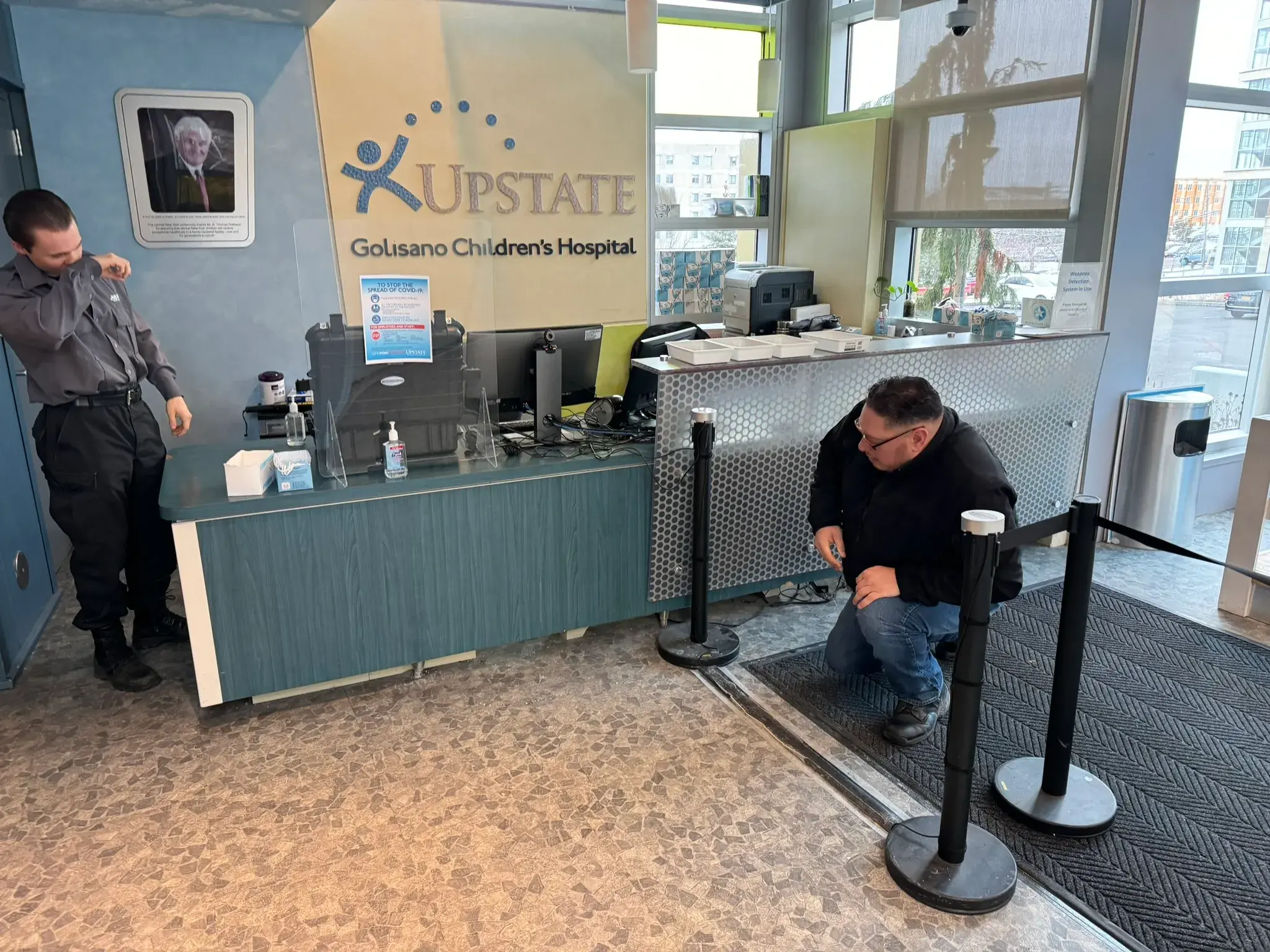In 2019, 34 criminal attacks occurred in public buildings across 21 states. In addition, violent crime rates have risen by more than 10% since 2010. Public buildings are funded from public sources through taxes and include government, state, and local government spaces. For example, buildings like City Hall, local police departments, and libraries are all public buildings that must be properly protected against potential threats.
Fortunately, some practical steps can be taken to secure public buildings and make them harder for would-be criminals to penetrate.
Create Security Plans
The most important thing is to have a clear and concise security plan to protect both the building and the people inside it. It should include plans and protocols for the following potential threats:
- Chemical or biological
- Weapons
- Bomb
- Suspicious mail
- Threat by phone
- Fire
For each type of threat, a contingency plan should be created. Each plan should consider the structure of the building, layout, and location. Once a plan is created, ensure all security personnel is properly trained and aware of each protocol.
Conduct Security Audits
The next step in securing public buildings is to put each plan to test. Practice drills and evacuations with leaders and security personnel using scenarios or case examples from previous public attacks.
This will ensure that the created plan is effective, as well as identify any potential issues that may need to change. Security audits can help to identify any weak points in the security system and ensure that all staff is aware of the procedures that need to be followed in the event of an incident.
Bullet Resistance Glass
Windows and doors of public buildings can be potential targets for attacks ranging from bombings to shootings. Insulated ballistic glass from Ballistiglass is lightweight yet resistant to gunfire from the most common weapons used during mass shootings. This bullet-resistant glass is custom fit right over existing windows and features COUNTERFIRE technology. COUNTERFIRE allows someone on the “safe” side of the glass to fire an attacker and can potentially stop an attack.
Restrict Access
Restricting access to certain areas of public buildings decreases the number of exits and entry points, making it easier to track incoming and outgoing traffic. During a large event with high traffic, such as a town hall meeting or concert, restricted access points can be essential in maintaining safety.
Restricted access can be implemented using physical barriers such as gates or security devices like badge readers, physical ID checks, or turnstiles.
Install Metal Detectors
Metal detectors are typically reserved for secure public areas where there is a need to screen individuals for weapons or other metal objects. A major benefit of metal detectors is that they can help to identify potential threats by scanning people as they enter the building. Another benefit of metal detectors is deterrence. If would-be criminals know that a metal detector is in place, they may be less likely to attempt to bring weapons into the building in the first place.
You can create a multi-layered security approach when combined with other security measures, such as access control and video surveillance.
Secure Public Buildings
Ballistiglass provides cutting-edge technology with BallistiMAX bullet-resistant glass and BallistiSCAN stealth metal detectors.
If you are looking for a way to increase the security of your building without sacrificing aesthetics or comfort, contact us at 954-612-6640. We would be happy to discuss your options and provide a proposal for how we could help make your public building more secure.



